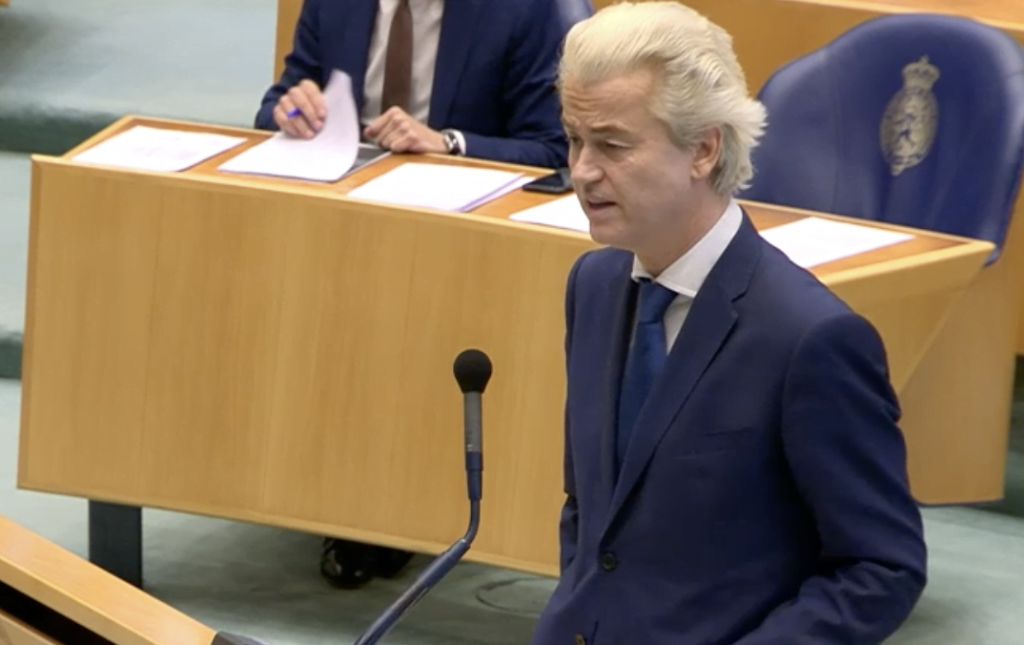The PVV is committed to supporting Dutch travelers, from lower fuel taxes to more affordable public transport.
The PVV is opposed to what they see as the marginalization of Dutch motorists. The party does not shy away from fierce criticism of the current cabinet and accuses it of wanting to transform driving into a luxury product. Measures such as the planned road pricing and increased fuel prices are branded as “pure bullying behavior to fill the public purse”. Instead, the PVV wants to reduce excise duties on fuel.
The party presents itself as a bastion of mobility and personal freedom. According to the PVV, it is up to the individual to determine how they travel, without government interference. The plea for a high degree of autonomy in mobility choices differs fundamentally from the vision that focuses on climate measures, a vision that is currently supported by many other parties.

The PVV's strategy clearly focuses on safeguarding the interests of everyday citizens in the complex discussions surrounding infrastructure, climate and economy. The party takes a number of remarkable positions that are at odds with the prevailing policy and the plans of other political parties.
In addition to criticizing the policy for motorists, the PVV also focuses on public transport. The party advocates more accessible and affordable public transport, without rush hour rates. In addition, according to the PVV, the NS should focus on improved punctuality and sufficient seats during peak hours.
In their program the PVV also pays attention to aviation and inland shipping, both crucial for the Dutch economy. Schiphol, considered an important economic engine, must continue to grow, according to the party. At the same time, the PVV questions the so-called “flight tax”, which they want to scrap to keep flying affordable for Dutch people.
The PVV party program appeals to a broad group of Dutch people who value personal mobility choices and are concerned about the rising costs of both driving and public transport. However, the program does not come without controversy, especially when it comes to climate change—which the party appears to be giving less priority to.
All in all, the PVV's party program offers a confrontational but detailed vision of the future of mobility in the Netherlands. The program is an expression of a deeper ideological struggle over the role of government, the influence of climate change on policy choices and the meaning of personal freedom in a time of growing social challenges.



